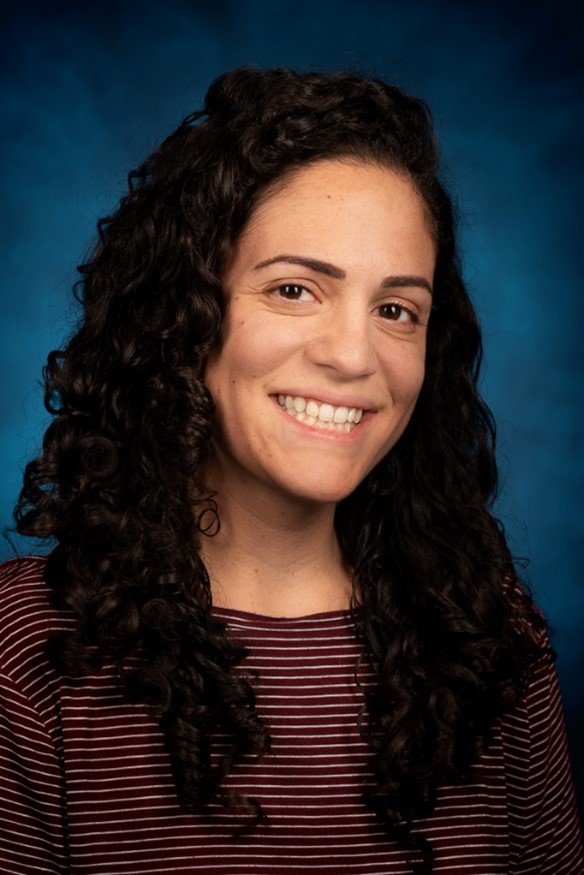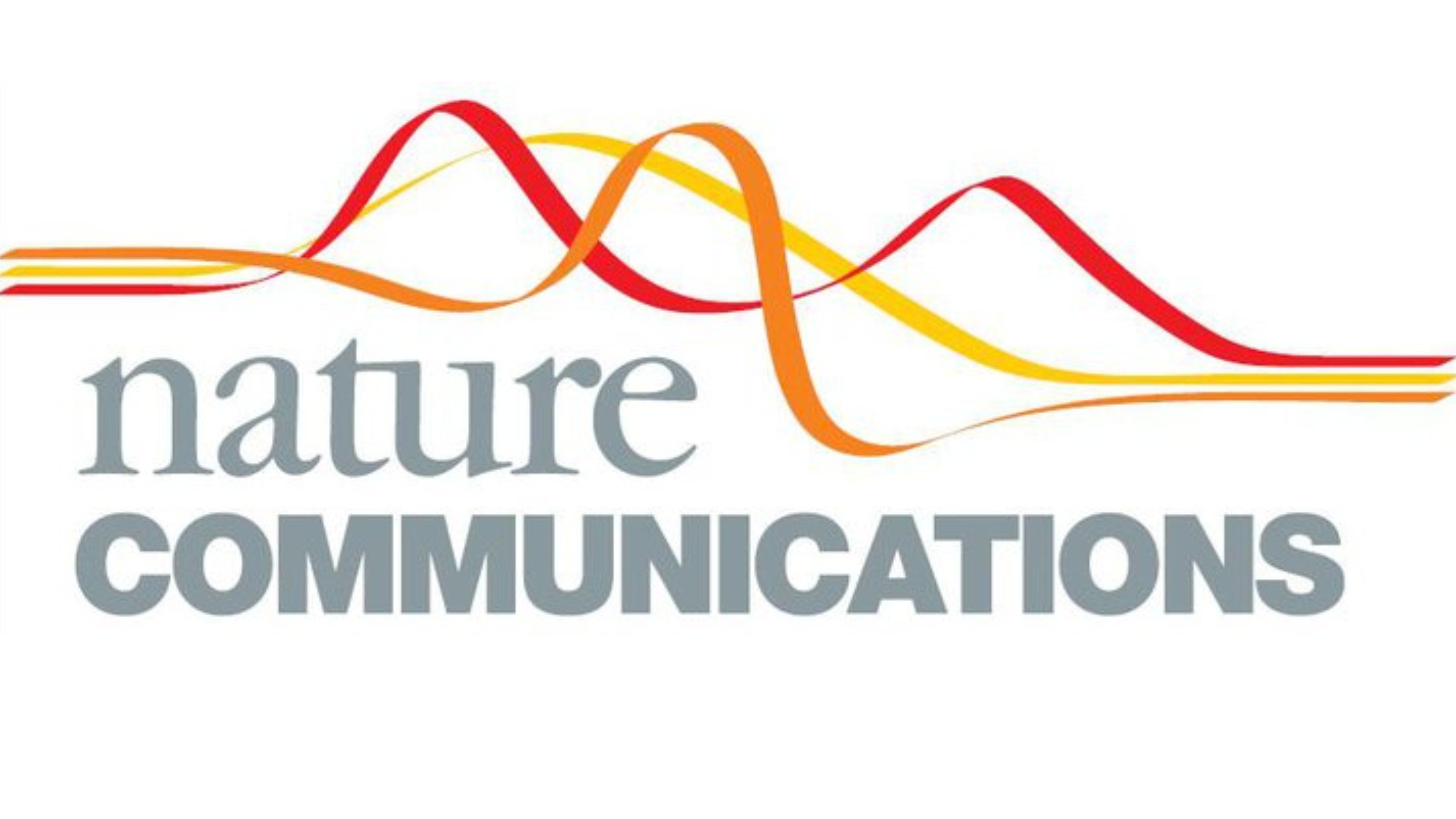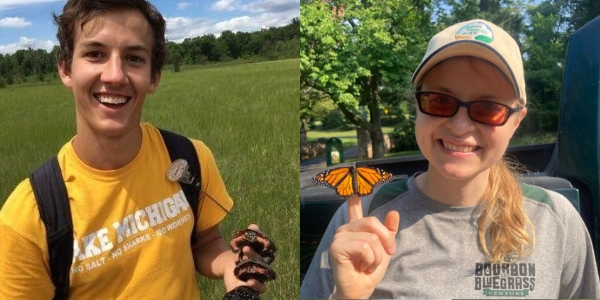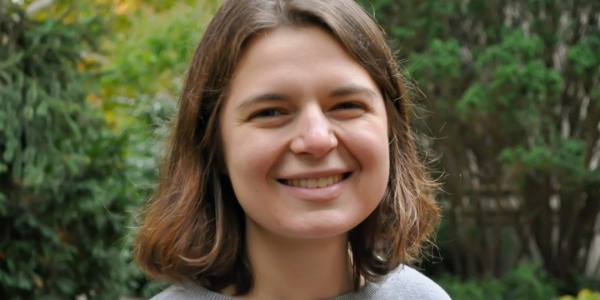Projects will investigate lake trout, blue gentrification
Michigan Sea Grant (MISG) is funding six research projects with nearly $1.7 million in new research funding in 2024-2026. Funded researchers will study the shifting dynamics of harmful algal blooms, economic trends in coastal communities, emerging fish viruses, and other issues relevant to the Great Lakes.

Amongst those is "Community dynamics of cyanobacteria in Lake Erie: Testing environmental drivers of bloom succession" by Carol Waldmann Rosenbaum, an EEB member and PhD student in integrative biology at Michigan State University. She will investigate how environmental factors influence the shifting array of algae species in Lake Erie’s harmful algal blooms.
Every two years, MISG requests proposals for projects addressing issues affecting the Great Lakes and Michigan’s coastal areas. Funded projects are selected through a competitive process involving external peer review and advisory panel recommendations. Kicking off in early 2024, funded projects will develop information, create tools, and build partnerships that will improve decision-making to address particularly challenging coastal issues in the state and fulfill critical research needs for the Great Lakes ecosystems.
MISG will support three types of research projects during the 2024-2026 funding cycle: Integrated Assessments, Core Research Projects, and Graduate Student Research Fellowships.
Integrated Assessment Projects rely on extensive partner and community engagement to address important ecological and socioeconomic issues within the Great Lakes and to inform planning, policy, and natural resource management. Core Research Projects generate new data with clear applications to management, policy, or conservation. Graduate Student Fellowships support graduate students (M.S. or Ph.D.) conducting collaborative research in the natural or social sciences and who are enrolled full-time at Michigan universities and colleges.
MISG has selected the additional projects for funding in 2024-26. More detailed project summaries are forthcoming.
- Assessing blue gentrification in Michigan’s coastal communities: Joshua Newell, professor at the University of Michigan School for Environment and Sustainability, will lead a team exploring the rising issue of “blue gentrification,” which refers to the cultural and economic factors that may contribute to long-term residents being squeezed out of Michigan’s coastal communities.
- An ecosystem-scale approach to understanding changing winters in the Great Lakes: Trista Vick-Majors, assistant professor at Michigan Technological University and the Great Lakes Research Center, will coordinate a Great Lakes-wide wintertime sampling effort to fill a gap in seasonal data collection.
- A novel assessment of lake trout growth sensitivity to winter and spring climate and possible interactions with declining prey abundance in Lake Superior: Steven Voelker, assistant professor at Michigan Technological University, will lead a project investigating how warming waters and diminishing winter ice cover has affected lake trout growth in Lake Superior.
- Michigan the Beautiful: Great Lakes: Jennifer Read, director of the University of Michigan Water Center, will lead a team assessing how Michigan’s coastal and Great Lakes waters contribute to United Nations goals of protecting 30 percent of Earth’s habitat by 2030. Mike Shriberg, professor at the University of Michigan and director of engagement for the Cooperative Institute for Great Lakes Research (CIGLR) and MISG, is co-principal investigator. Care was taken to ensure that all funding decisions were made fairly and with no conflicts of interest.
- Community dynamics of cyanobacteria in Lake Erie: Testing environmental drivers of bloom succession: Carol Rosenbaum, a PhD student in integrative biology at Michigan State University, will investigate how environmental factors influence the shifting array of algae species in Lake Erie’s harmful algal blooms.
- Determining Great Lakes invasive carp species susceptibility to emerging viral infections: Santosh Lamichhane, a PhD student studying comparative and integrative medicine at Michigan State University, will explore the susceptibility of invasive carp species to new and emerging fish viruses circulating in the Great Lakes.



